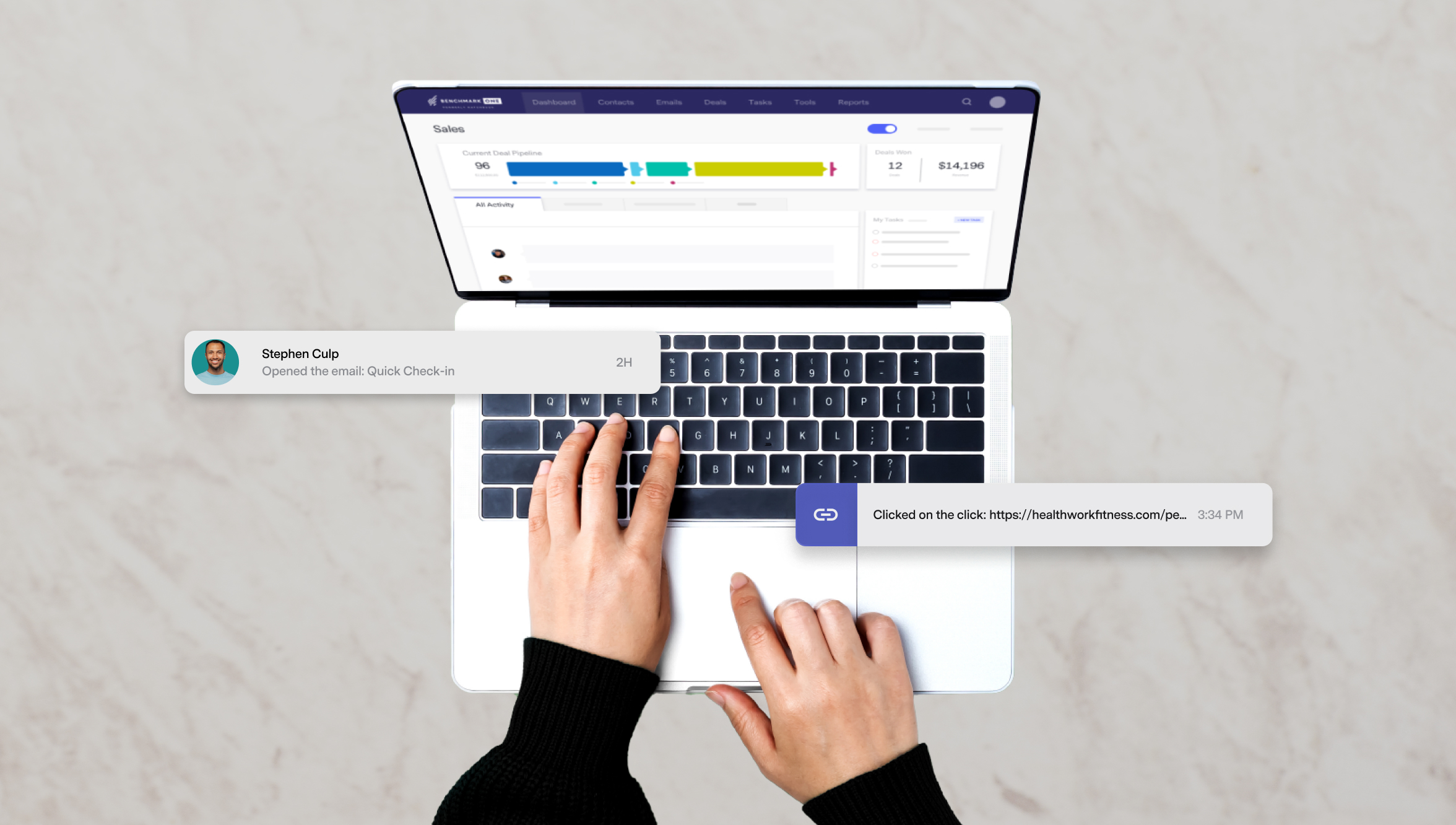
Business owners can use outsourcing to take care of some tasks which they cannot handle internally. It is a tactic used by companies—whether big, small, or just starting up—to carry out business operations and administration tasks.
Outsourcing is also a great way to get expert advice and services when your internal team lacks experience in a particular area. And while it can be expensive to hire an outside team, outsourcing can also help businesses save money. Creating a separate department or team for a particular task or project is not cost-effective for companies, making outsourcing the more efficient option.
Other reasons why companies outsource include:
- Lack of needed resources and technology
- Inability to handle the task
- Reducing workload volume
- The need for a specialist
Outsourcing is a great way to get things done, but it can quickly become a nightmare when not handled properly. You can get into issues regarding expectations, quality of work could be in jeopardy, or important deadlines could be missed.
It’s important when you begin your outsourcing process to consider a few important details if you want your endeavor to be as successful s possible. To get the best out of outsourcing and see the results you’re after, implement the simple steps below.
Steps to Consider Before You Outsource
1. Define Your Project and Scope of Work
Identifying the project you need to outsource, and the full scope of work can help you to decide which agency could take on the project. Don’t cut corners here. Essentially, how you define your project and outline your scope of work will determine the expectations of the project. It will help your agency fully understand what is expected of them, so there are no unfortunate surprises later on.
2. Research
Conduct comprehensive research on the specific tasks you want to outsource.
- Which agencies are best to approach for this kind of work?
- What is the current standard rate for the projects you need help with?
- Where can you find independent contractors and freelancers who specialize in such projects?
- What tools do they need to ensure tasks are completed smoothly and on time?
- What is the standard delivery turnaround time for these projects?
Answering these questions and more will help you determine if outsourcing is right for your business or if you should stick with getting it done internally. Another important factor to check on is the best outsourcing destinations. Nowadays, businesses mostly choose to outsource to Latin America, offshoring to Eastern Europe or Southeast Asia.
3. Define Your Budget
Remember, you are outsourcing to a third party because doing it in-house will cost you and your business more. Allocate an ideal budget and decide upon an absolute spending ceiling for outsourced tasks.
Research market rates or ask for quotes from different agencies or independent contractors and a breakdown of what deliverables go into the pricing, timelines, and what to expect.
Compare the costs and the services you get in return for your investment before settling for an option. Even though cost-saving might be your primary reason for outsourcing, avoid going for the cheapest quotes without qualifying that it’s the right call. Ask questions to ensure that the work quality will meet your needs.
4. Look for Social Proof and Red Flags
Before settling for a third party to outsource to—whether an agency, freelancer or another kind of service provider—you need to ensure they can deliver on their promises. Look out for past clients’ comments about their services, and review their ratings.
Whilst there will be a few negative reviews, even for the best agencies and contractors, too many negative reviews are a red flag that should not be ignored. It is an indication that they didn’t deliver on their promises with previous clients and will likely do the same to you.
5. Customer Experience and Satisfaction
When you check out social proof, also look for pointers about the experience other clients have had with this agency or freelance professional. Look for reviews that include lots of details that speak to whether they can meet deadlines whilst building strong client relationships. Consider whether it sounds like communication will be seamless, and dig into feedback that points to how the person or agency manages expectations.
Outsourcing business tasks may help you cut costs, reduce your workload, and free up time to focus on other tasks. However, it can also cost you more if you do not consider some important factors before diving in. Use this outsourcing checklist to streamline the process for effective task outsourcing.






